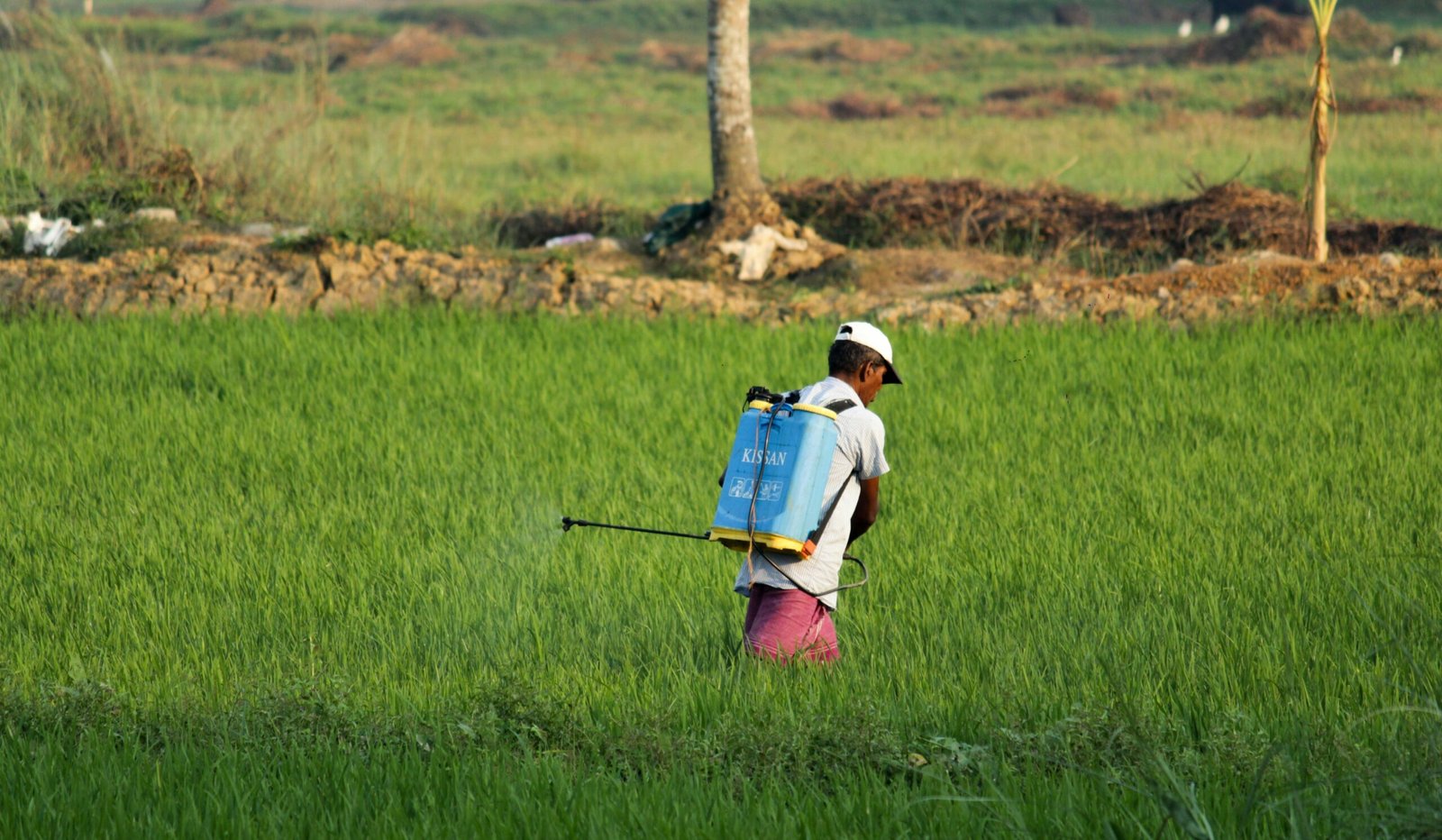The Agricultural Market: Trading Agricultural Commodities
The agricultural market is a vital component of the global economy, facilitating the trading of various agricultural commodities. These commodities include grains, livestock, and soft commodities like coffee and sugar. The agricultural market plays a crucial role in ensuring the availability of these essential products and maintaining stability in the industry.
Grains: A Cornerstone of the Agricultural Market
Grains are one of the primary agricultural commodities traded in the market. They serve as a staple food for millions of people worldwide and are also used in various industrial processes. The most commonly traded grains include wheat, corn, rice, and soybeans. These grains are produced in large quantities and traded globally, ensuring a steady supply for both domestic consumption and international trade.
The trading of grains involves various stakeholders, including farmers, traders, brokers, and processors. Farmers cultivate and harvest the grains, while traders and brokers facilitate the buying and selling of these commodities. Processors then transform the grains into different products, such as flour, feed, and ethanol.
Livestock: Meeting the Demand for Animal Products
Livestock, such as cattle, poultry, and pigs, are another crucial component of the agricultural market. These animals are raised for their meat, dairy products, and other by-products. The trading of livestock involves not only the physical animals but also their products, such as beef, poultry, milk, and eggs.
Similar to grains, the livestock market involves various participants, including farmers, traders, processors, and retailers. Farmers raise and care for the animals, ensuring their health and well-being. Traders and processors then facilitate the buying and selling of livestock, while retailers make these products available to consumers.
Soft Commodities: From Coffee to Sugar
In addition to grains and livestock, the agricultural market also encompasses the trading of soft commodities. Soft commodities refer to agricultural products that are grown rather than raised. Examples of soft commodities include coffee, sugar, cocoa, cotton, and various types of fruits and vegetables.
Coffee and sugar are among the most widely traded soft commodities. Coffee is a beloved beverage consumed by millions worldwide, and its trading involves different varieties and qualities. Sugar, on the other hand, is not only used as a sweetener but also finds its way into various food and beverage products.
The trading of soft commodities involves factors such as climate, geography, and market demand. Farmers in different regions specialize in the cultivation of specific soft commodities, taking advantage of favorable growing conditions. Traders then facilitate the buying and selling of these commodities, ensuring a steady supply for consumers.
The Importance of the Agricultural Market
The agricultural market plays a crucial role in ensuring food security and meeting the demand for various agricultural products. By facilitating the trading of grains, livestock, and soft commodities, the market ensures a stable supply of essential goods. This stability is vital for both domestic consumption and international trade, allowing countries to meet their food needs and maintain economic growth.
Furthermore, the agricultural market provides opportunities for farmers and other participants in the industry. Farmers can sell their products at fair prices, while traders and processors contribute to the value chain by connecting producers with consumers. This interconnectedness fosters economic development and supports livelihoods in rural communities.
Overall, the agricultural market is a complex and dynamic system that enables the trading of various agricultural commodities. From grains to livestock to soft commodities like coffee and sugar, this market ensures the availability of essential products and drives economic growth. By understanding the intricacies of the agricultural market, we can appreciate the efforts of those involved in bringing food from farm to table.

